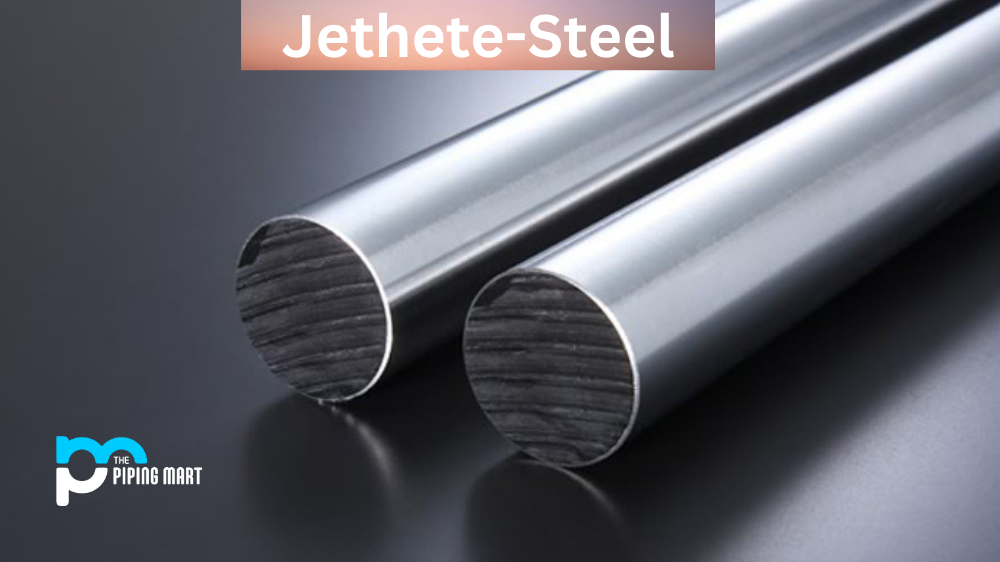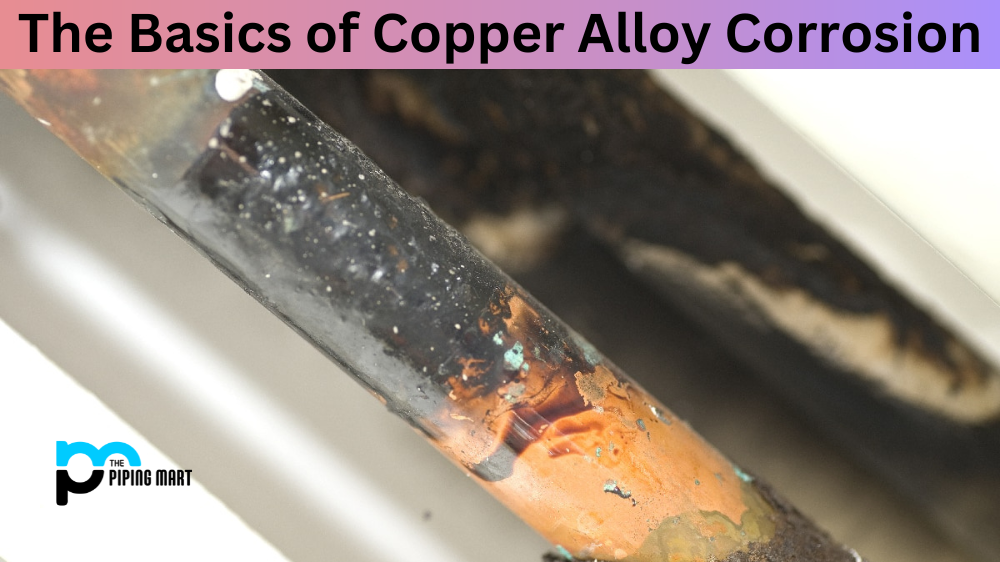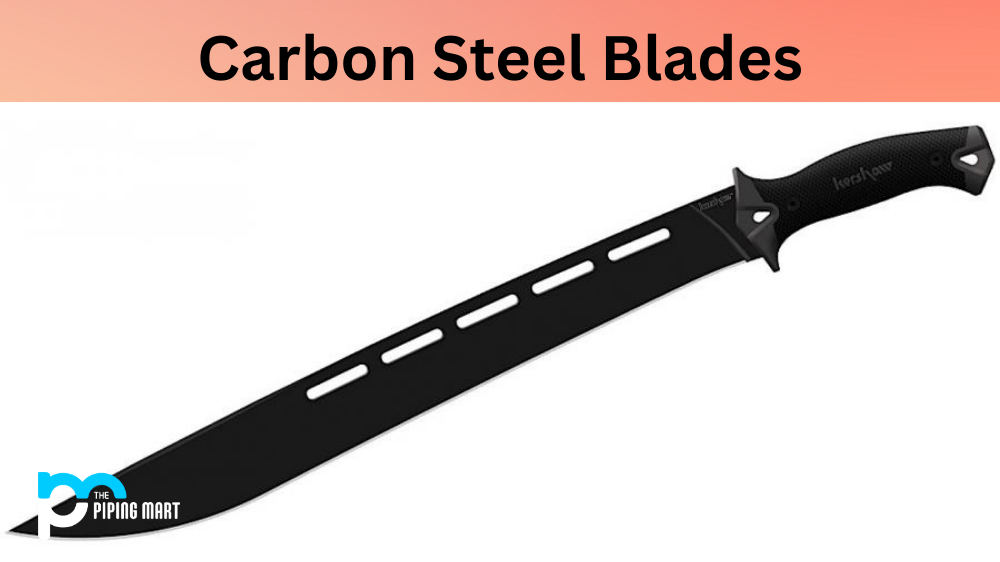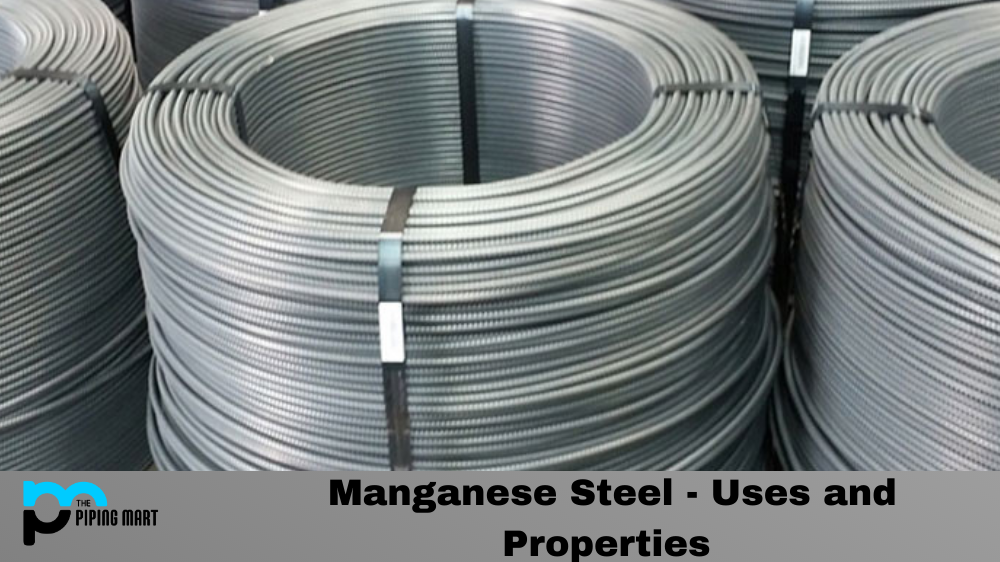Introduction: Jethete-steel is a high-performance alloy that has become increasingly popular in the engineering and manufacturing industries. It is known for its excellent strength-to-weight ratio, ability to withstand high temperatures, and superior corrosion resistance. But like any material, there are advantages and disadvantages associated with this steel that should be considered before you decide to use it for your next project.
5 Advantages of Jethete Steel
One of the biggest advantages of jethete steel is its strength-to-weight ratio. This allows engineers to create lighter parts with the same strength as traditional materials such as stainless steel or aluminum alloy. Additionally, jethete steel performs well at higher temperatures than other metals, making it suitable for applications that require a high degree of heat resistance. Finally, this type of metal is highly resistant to corrosion in both acidic and alkaline environments. This makes it an ideal choice for parts used in highly corrosive environments such as chemical processing plants or marine environments.
- Jethete steel is an alloy that contains chromium, molybdenum, and vanadium.
- Jethete steel is known for its high strength and toughness.
- Jethete steel is also known for its corrosion resistance.
- Jethete steel can be heat treated to increase its hardness.
- Jethete steel is used in a variety of applications, including knives, cutting tools, and surgical instruments.
5 Disadvantages of Jethete Steel
Despite its many benefits, using jethete steel also comes with some drawbacks that should be taken into consideration before deciding whether or not to use it for your project. One major drawback is its cost—jethete steel is more expensive than other metals, such as stainless steel or aluminum alloys, due to its higher performance properties. Additionally, this type of material cannot be welded using conventional welding techniques; special equipment may be required if welding needs to be performed on jethete steel components. Lastly, due to its high strength and hardness properties, machining jethete can be difficult and time-consuming compared to other materials such as stainless steel or aluminum alloys.
- Jethete steel is high-carbon steel, which makes it brittle and susceptible to breakage.
- Jethete steel is also difficult to weld due to its high carbon content.
- Jethete steel is not as corrosion-resistant as other types of steel, making it more susceptible to rust and corrosion.
- Jethete steel is also more expensive than other types of steel due to its high carbon content.
- Jethete steel is also less ductile than other types of steel, meaning it is more likely to crack or break under stress.
Conclusion
In conclusion, while there are definite advantages associated with using jethete steel – including its superior strength-to-weight ratio and corrosion resistance – there are also some potential drawbacks that should be taken into consideration prior to selecting this material for your project. If you do decide to use jethete steel for your application, make sure you factor in the additional cost associated with this material as well as the specialized equipment needed for machining and welding operations when budgeting for your project. With careful consideration of both the advantages and disadvantages of utilizing this metal alloy, you can ensure that your project will succeed!
Sakshee is a talented blogger, with a particular focus on the Business and Metal Industry. She is passionate about sharing her insights on various metal products and helping professionals to make a better decisions.




